Brazil faces dilemma: endangered macaw vs. wind farm
A wind farm in northeastern Brazil sounds like a welcome climate-friendly energy solution, but it is causing controversy over another kind of environmental worry: the impact on the endangered Lear's macaw.
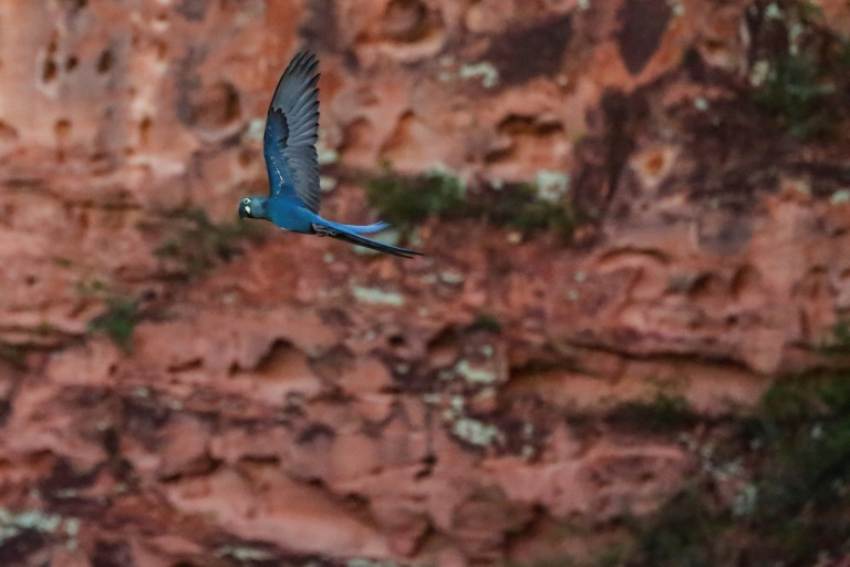
Photo: TYT
Canudos, Brazil (AFP): A wind farm in northeastern Brazil sounds like a welcome climate-friendly energy solution, but it is causing controversy over another kind of environmental worry: the impact on the endangered Lear's macaw.
Home to more than 90 percent of Brazil's booming wind-power industry, the northeast is known for strong, steady winds that President Luiz Inacio Lula da Silva wants to harness to power a green-energy revolution.
The region has drawn the interest of French renewable energy company Voltalia, which broke ground last year on a 28-turbine, 100-megawatt wind farm in semi-arid Canudos county, in the state of Bahia.
But the project soon came under attack when it emerged that the enormous turbines, with their 120-meter (nearly 400-foot) diameter blades -- a known threat to birds in flight -- were being built in a nesting region for the Lear's macaw, a bright blue parrot also known as the indigo macaw, or by its scientific name Anodorhynchus leari.
Named for 19th-century English poet Edward Lear, the birds have dwindled to an estimated population of no more than 2,000 in the wild, as farming and logging have vastly reduced their habitat.
The wind farm is "very risky," said Marlene Reis, of the Lear's Macaw Gardens Project, an organization trying to save the species.
"It could considerably increase the risk of extinction," she told AFP.
And the damage "could be irreversible, especially for these iconic macaws, who only live and reproduce in this region."
A federal court halted the final stage of construction on the turbines in April, revoking Voltalia's permits.
"It cannot be considered a low environmental impact" project, given the proximity to an endangered bird species, the court ruled, ordering further impact studies and consultations with local communities.
Voltalia has appealed the decision.
"The potential environmental and social impacts have already been dealt with exhaustively," Voltalia's country manager for Brazil, Nicolas Thouverez, told AFP.
The impact studies required by state authorities have shown the turbines "in no way endanger the conservation" of the Lear's macaw, he said.
"They demonstrated the environmental viability of the project."
The company has proposed reducing risks by painting the turbines to make them more visible to birds, as well as fitting the macaws with GPS trackers and installing technology that immediately stops the blades turning when they fly over.
'The name of progress'
Brazil is a world leader on green energy.
It has the largest percentage of clean electricity in the G20 group of nations, at 89 percent.
Lula, who took office in January, has vowed to expand that further still.
Mines and Energy Minister Alexandre Silveira said recently that Lula wants to turn Brazil's impoverished northeast into the "biggest renewable energy breadbasket in the world."
Silveira has announced plans to install up to 30 gigawatts of clean energy production capacity in the northeast, mainly wind and solar.
The total investment could reach 120 billion reais ($24 billion).
But Voltalia offers a case study of the kind of opposition projects can run into on the ground.
In addition to the outcry over the Lear's macaw, the company faces resistance from small-scale communal farmers and cattle ranchers, around 7,500 of whom live in the area around the wind farm.
"The impact will be felt across the board," said Adelson Matos, 65, a white-bearded farmer who tends to goats, sheep, cows, chickens and fruit in the nearby village of Alto Redondo.
The wind farm is noisy, draws vehicle traffic at all hours, and has altered rain and wind patterns with its enormous structures, Matos complained.
"It breaks all harmony with the natural habitat," he told AFP.
"All in the name of progress," he said bitterly.
-

‘I’m scared for my entire generation’: Young Americans reflect on Trump's first 100 days
2025-04-26 -
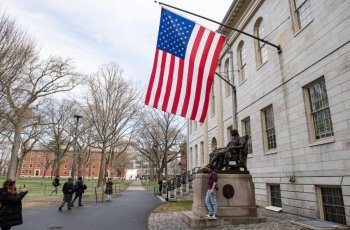
Foreign students give up American dream over Trump crackdown
2025-04-25 -
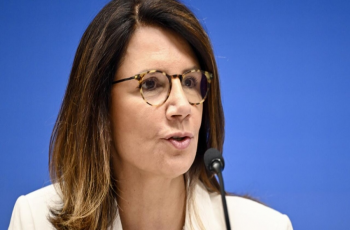
Don't make 'disappointing' retreat on climate, COP30 CEO urges EU
2025-04-25 -

Kashmir: India-Pakistan tensions rise after attacks on tourists
2025-04-25 -
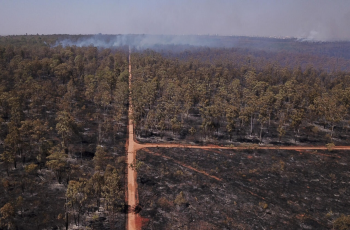
Countries could use forests to 'mask' needed emission cuts: report
2025-04-24 -

Kashmiri students say they have been threatened in India after attack
2025-04-24 -
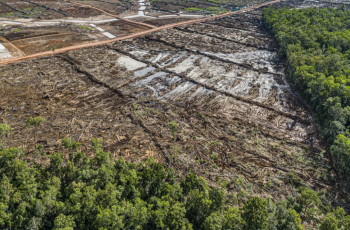
Indonesia food plan risks 'world's largest' deforestation
2025-04-22 -
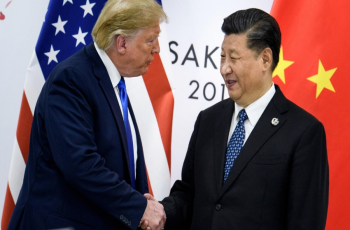
Trump tariffs torch chances of meeting with China's Xi
2025-04-22 -
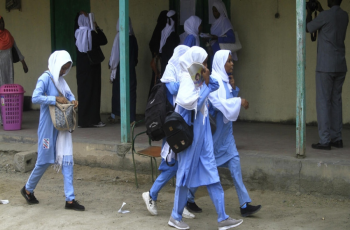
In war-torn Sudan, a school offers a second chance at education
2025-03-02 -
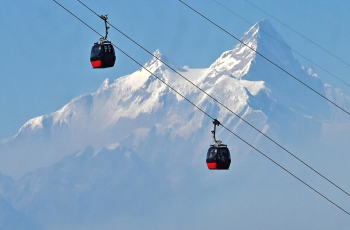
Nepal community fights to save sacred forests from cable cars
2025-02-21
